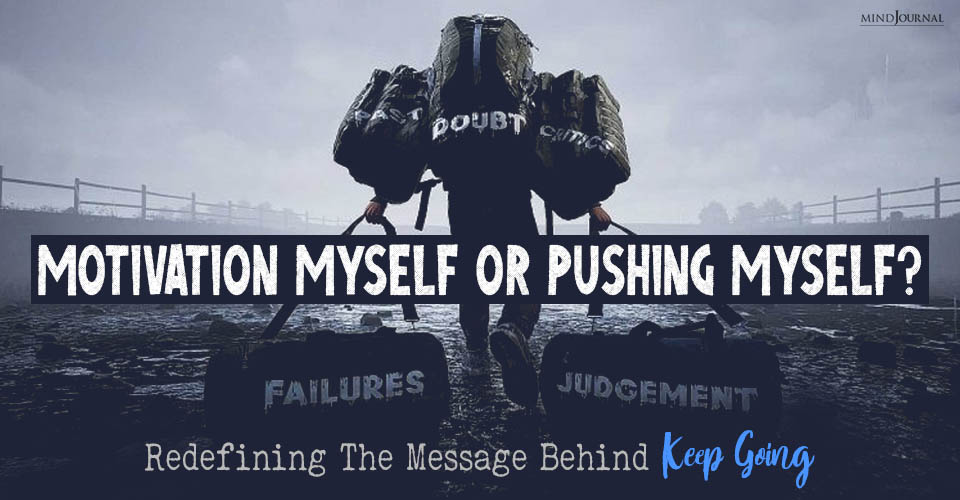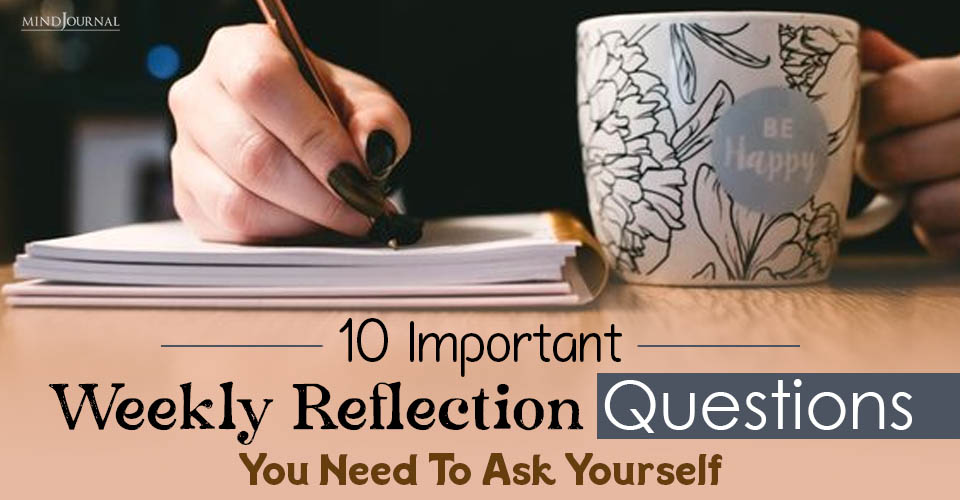Research shows that practicing and increasing mindfulness can improve concentration, memory, and the ability to learn new things, which in turn boosts productivity. Here are simple strategies to increasing mindfulness.
Whenever we are in a new environment, most of us know to be mindful of our surroundings. If it’s a country whose traffic patterns are different from ours, we should be very mindful as we cross the street.
When we are at a new company, we should be mindful of the unsaid but established culture. When at a party of diverse people, we should be mindful of our words and how we express our opinions.
In a world where things happen a mile a minute along with where our society is continuously changing and becoming new, we must be vigilantly mindful. We must be aware of what is going on around us, and also with us— our outer and inner world.
Excellent and wise choices are rarely if ever, made accidentally in haste and anxiety. Although a trip to the mountains or the lake would be ideal, most of us do not have the luxury to go there— logistically or financially.

Related: How To Relax Instantly: 18 Science Backed Tips
Here are, therefore, seven simple strategies you can take today to become and to be more mindful in as little as thirty seconds:

1. Turn standard things into extraordinary things
In a religious context, a sacrament or ritual is an ordinary act performed in a particular way that makes it sacred. To be more mindful of the world and our world, we can learn to turn the ordinary and everyday stuff of life into sacraments. We can imbue purpose and meaning into the things and activities that we regularly do to remind us of the greater significance.
For example, do not just grab whatever semi-clean clothes you can find, put them on, and then go about your day. Do not treat those clothes as merely something you have to wear for appropriateness or social norms. Instead, prepare your outfit the night before or spend a few moments looking at each piece. Recognize it as your uniform of the great gift you have— your job. Make putting on your work clothes a sacred act of reminding yourself your work makes a difference in people’s lives, whether it be your clients or your family.
Related: The BLOB TREE Psycho-Emotional Test: What Kind of a Person You Are
2. Create moments of pause
Although we are busy, most of us still have time. It’s not so much a matter of having time as it is making time.
Despite popular belief, it doesn’t take as much time as one thinks to slow down and become mindful. Although lots of time is beneficial, this is not an all or nothing situation. If you do not have hours of free time every day to do things slowly and meditate for hours, it doesn’t mean it’s impossible to be mindful.
Simple practices such as setting an alarm every few hours to take a couple of minutes, even 30 seconds, to forcibly stop what you are doing and breathe can dramatically help and slow you down. Isn’t it a simple way to increase mindfulness?
“The key is in not spending time, but in investing it.” – Stephen R. Covey
3. Develop gratitude
Gratitude is, by far, one of the most proven pathways to increasing mindfulness and toward happiness. You can keep a gratitude journal and record small or big things you are thankful for each day or leverage moments in your day.
It is customary in many cultures to take a moment before eating to say a prayer or make an acknowledgment of gratitude. Why not stop for a moment before you eat, just for even 30 seconds, to acknowledge how fortunate you are to eat a nourishing and delicious meal when the majority of the world cannot and certainly in the past, has not? Take a moment to appreciate not just the meal, but all the things you have in life, such as your family, friends, and your life.
Related: 7 Laws of Gratitude That Will Change Your Life
4. Do things by hand
Years ago, when machines and robots were coming into the world, everyone thought that eventually, no one would have to work, or at least, work very little. Since the invention of technology, however, work has seemed to increase.
Although there are many benefits from washing machines to dishwashers, something is lost. For some, the act of doing dishes is therapeutic. It not only cleans dirty dishes but somehow cleanses some people’s souls.
You might not have time every day, but why not consider doing some things by hand? Maybe get a manual coffee grinder and grind your coffee each morning. Or, replace your instant oatmeal with oatmeal that requires you to stir the pot.
5. Journal
The word journal can be a scary word for many. It might bring visions of notebooks, writing pages and pages of prose every night before bed.
Although journaling certainly can be writing every thought and feeling onto paper, it doesn’t have to. It could be as simple as writing down one moment in the day you felt most alive or most happy, and then writing down one moment in the day you felt least alive and least satisfied.
You don’t need to use a bounded notebook, however. Feel free to use whatever is most effortless for you. It could be the whiteboard calendar on your fridge or a google doc.
Related: How Writing Can Help Relieve Stress And Anxiety
6. Think about other people
When life gets busy, it’s easy to get entrenched in our little world and bubble. Seeing a person regularly, even talking to them, does not ensure that you are solely focused on them. Because you might not have the time to engage in a full-length, in-depth conversation with a person, you can simply stop, pause, and think of them.
Think of how grateful you are for them. Think of a fond memory. Think of something you hope and want for them. Think about how great they are and how you wish to be more like them in some ways.
If helpful, you might want to set up a calendar of people’s names to think of each day. Or you might have a master list you review every day or two, selecting a few and thinking about this consciously and lovingly.
7. Eliminate distractions
Research suggests that merely having a phone in your pocket or on the table makes the person less attentive to the people they are with. The feeling or seeing of a phone automatically generates within the person the stress of email or the possibility of something more interesting to focus on.
As much as you can, try to eliminate technology in the morning, before bed, and with people. Consider putting it on autopilot, or do not disturb. Or simply put it physically away so you can’t feel it or see it. This is one of the most important strategies to increasing mindfulness!
“The most dangerous distractions are the ones you love, but that don’t love you back.” – Warren Buffet
Related: 4 Easy Ways To Let Go Of Negativity From Your Life
Mindful at all times
Unlike a party or a new company, where the context is generally fixed, our outer and inner world are not. The situation, the setting is always changing.
If life is a journey, we are continuously going down sidewalks and crossing streets. Although it may seem like a lot of effort or may cost a lot, mindfulness comes with a very high reward— you’ll much more likely get to where you’re going and much less likely to get hit by a car.
How do you remain mindful in your life? Share your thoughts with us below!
Written by: Ryan Lui
Originally appeared on: Addicted2Success.com











Leave a Reply